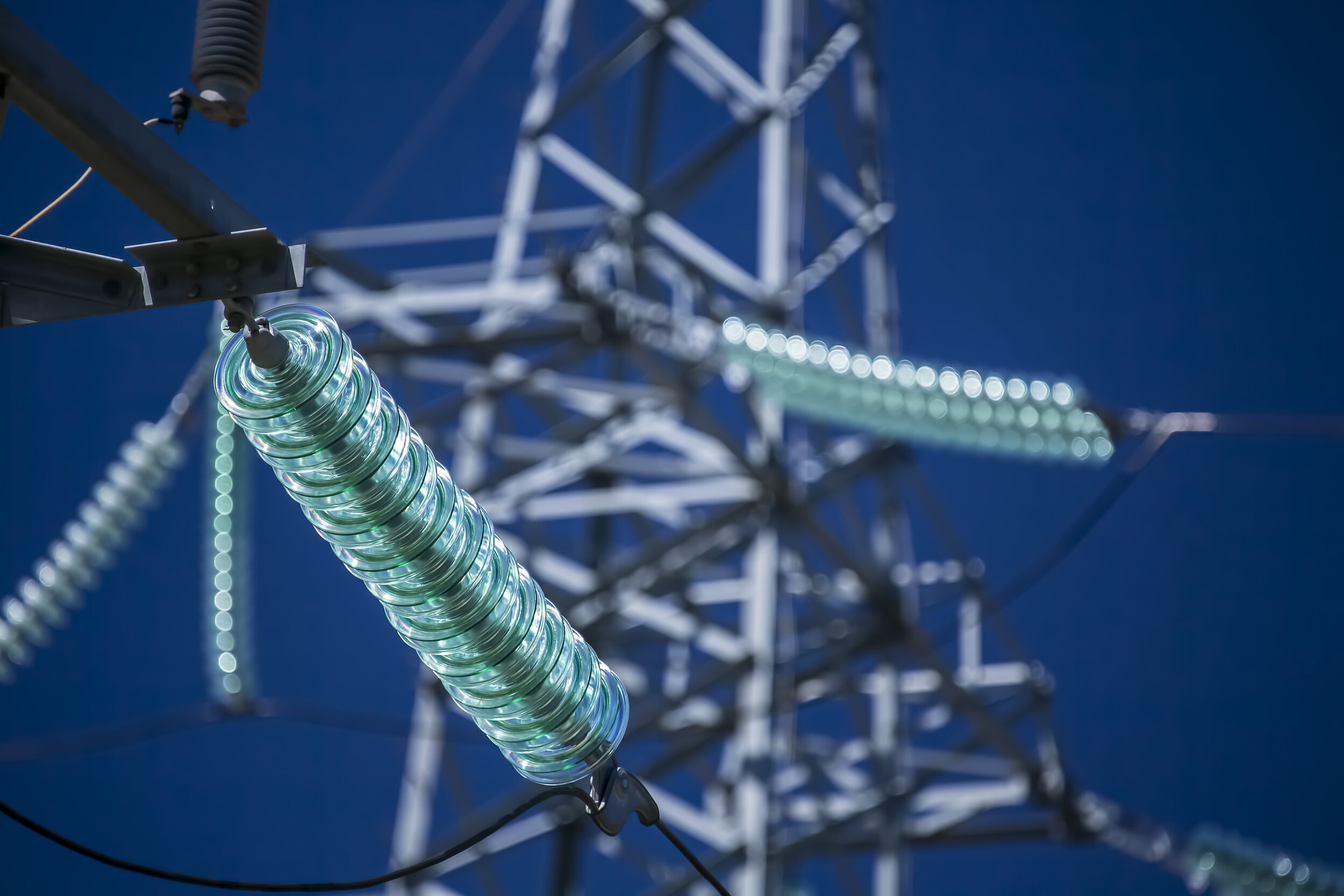
Insulation Coordination Studies
Insulation Co-ordination studies relate to a series of steps to determine the dielectric strength of various equipment and components in an electric power system in order to avoid failure of their insulation due to transient over voltages occurring both external and internal to the power system. Generally, these over voltages are termed as electromagnetic transients (EMT) characterized by frequencies of the order of kHz (switching transients) and even MHz in case of lightning transients. Expert team of SPC can perform detailed power system simulations to determine the maximum overvoltage stresses for existing substations, Transmission & distribution lines, industrial power systems and solar farms and also for green field projects. SPC deploys the well-known industry grade Electromagnetic Transients (EMT) simulation program for Insulation co-ordination studies. Insulation Co-ordination studies are performed to:
design proper insulation and surge arrester locations
determine cause of failure of equipment - root cause analysis
validate a design of chosen insulation levels
provide assurance that equipment is protected properly etc.
Some of the most common types of insulation co-ordination studies undertaken by SPC:
HV substations
Studies include both switching transients as well as lightning transients’ response. These studies are generally done for all substations irrespective of voltage class. Study involves computation of voltage surges in the substation with all the probabilities of transients (backflash) entering the station being considered. Insulation co-ordination studies would also reveal the margin of protection for the power transformers, circuit breakers etc. besides the location & ratings of surge arresters inside the substation.
Industrial systems/CPPs
Industrial power systems with or without captive power plants (CPPs) require insulation co-ordination studies to investigate if transients on the system are well within the insulation withstand capability of the system. Transients incoming from the grid as well as those within are considered in such studies. For plants with CPPs, study analyzes the insulation from the generator terminals to the outgoing power distribution system.
Wind/Solar Farms
Wind/Solar farms by the nature of their design and operating characteristics are susceptible to a variety of over voltages. Therefore, it is always important to perform studies of the various levels of over voltages and how the equipment at these installations are able to withstand. Typical studies may include:
Energization – when the farm main transformer and collector system are energized from the external grid
Load Rejection – when the farm is isolated from the grid due to a switching event
Faults (single line and three phase) & ground faults – simulates short circuits at various locations
These studies would reveal mitigation measures that may include adding or re-locating lightning arresters in the system.
